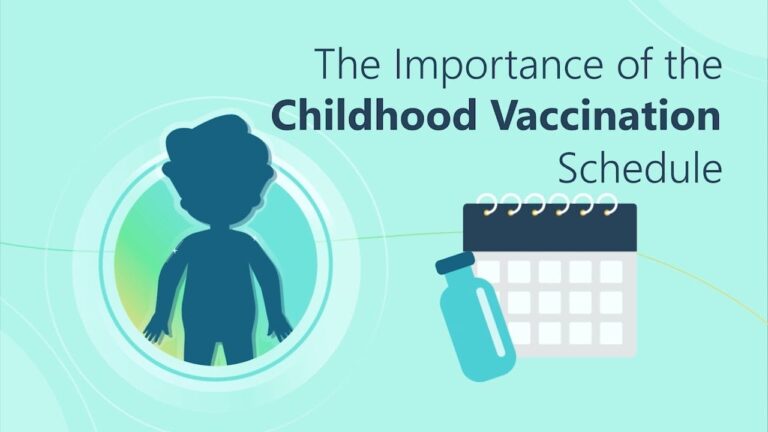In today’s digital age, children are growing up surrounded by smartphones, tablets, and computers. While technology offers numerous educational and entertainment benefits, it also presents challenges for parents who want to ensure healthy screen time habits for their children. In India, where digital adoption is rapidly increasing, understanding the principles of digital parenting and screen time management is essential for every parent. This guide provides practical tips and strategies for managing your child’s screen time effectively.
Understanding the Importance of Digital Parenting
Why Is Digital Parenting Important?
Digital parenting involves guiding children on how to use technology responsibly. With access to the internet and digital devices, children are exposed to both positive and negative content. Parents need to set boundaries and educate their children about the appropriate use of technology, ensuring that it enhances their learning and growth rather than hindering it.
Key Challenges Faced by Indian Parents:
- Exposure to inappropriate content online
- Managing screen time for both entertainment and education
- Balancing technology use with outdoor activities and social interaction
- Preventing digital addiction and over-dependence on gadgets
1. Set Age-Appropriate Screen Time Limits
Why It Matters:
Screen time guidelines vary depending on a child’s age. For young children (ages 2-5), limited screen time of no more than one hour a day is recommended. For older children and teenagers, it’s important to balance screen time with other activities such as studies, outdoor play, and social interactions.
How to Implement:
- Create a family media plan that sets clear boundaries on screen time.
- Encourage screen-free times, such as during meals or before bedtime.
- Use tools and apps that help monitor and manage screen time across devices.
2. Encourage Quality Over Quantity
Why It Matters:
Not all screen time is created equal. Watching educational videos, using interactive learning apps, or engaging in creative digital activities is more beneficial than passive content consumption. Encouraging high-quality screen time helps children develop cognitive and creative skills.
How to Implement:
- Introduce educational apps and games that promote learning and creativity.
- Encourage children to use digital devices for learning new skills, such as coding or drawing.
- Watch educational content together to discuss and reinforce learning.
3. Be a Digital Role Model
Why It Matters:
Children often mimic their parents’ behavior, and this includes digital habits. Being a digital role model helps children understand the importance of balanced screen usage.
How to Implement:
- Practice mindful usage of digital devices around children.
- Set aside screen-free time for family activities like board games, reading, or outdoor play.
- Discuss the benefits of reducing screen time and engage in offline hobbies.
4. Create a Safe Online Environment
Why It Matters:
The internet can expose children to inappropriate content, cyberbullying, and online predators. Ensuring a safe online environment is crucial for protecting children’s mental and emotional well-being.
How to Implement:
- Use parental control tools to monitor and filter content.
- Educate children about the importance of online privacy and avoiding sharing personal information.
- Encourage open communication so that children feel comfortable discussing any issues they face online.
5. Encourage Physical Activities and Hobbies
Why It Matters:
Excessive screen time can lead to a sedentary lifestyle, impacting children’s physical health. Balancing digital engagement with physical activities and hobbies ensures holistic development.
How to Implement:
- Set daily goals for physical activities, such as playing a sport, cycling, or dancing.
- Introduce creative hobbies like painting, gardening, or music that can be enjoyed offline.
- Plan family outings or nature walks to reduce screen time and encourage bonding.
6. Recognize and Address Digital Addiction
Why It Matters:
Digital addiction can affect a child’s mental health, leading to issues such as anxiety, irritability, and poor academic performance. Recognizing the signs early and addressing them is essential for maintaining a healthy digital balance.
How to Implement:
- Watch for signs of digital addiction, such as excessive screen time, irritability when not using devices, and withdrawal from social activities.
- Establish a routine with balanced screen time, sleep, study, and play.
- Seek professional guidance if necessary to manage digital addiction effectively.
Conclusion
Digital parenting is about finding the right balance between embracing technology and ensuring a healthy lifestyle for children. By setting clear boundaries, being a positive digital role model, and encouraging quality content and offline activities, Indian parents can manage their children’s screen time effectively. This proactive approach not only safeguards children from the potential pitfalls of the digital world but also empowers them to use technology responsibly.















